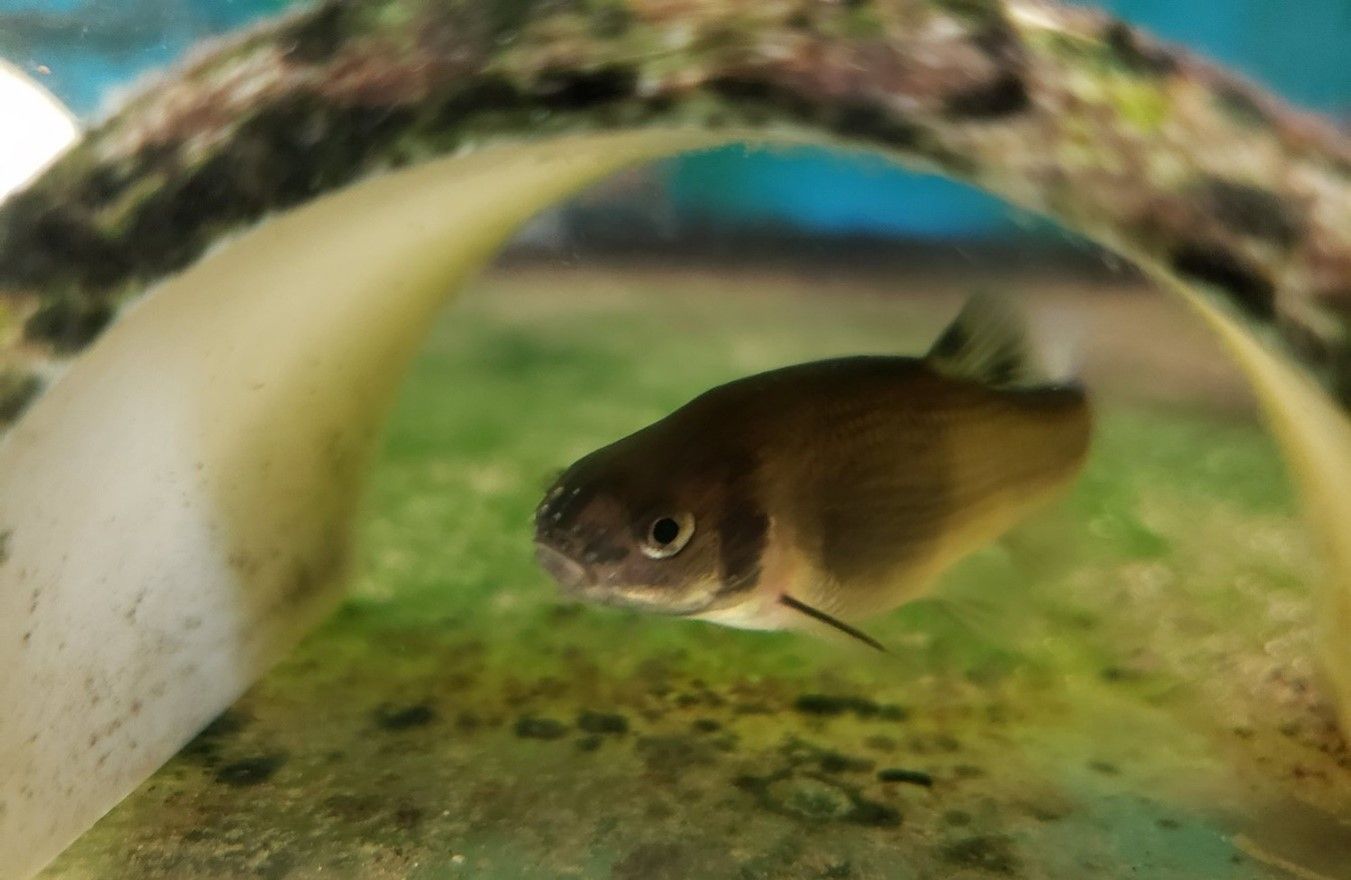Environmental Toxicity Control Services
Whole effluent toxicity (WET) testing is a laboratory procedure used to evaluate the adverse effects of chemicals, effluents, or environmental samples on aquatic organisms. This testing involves exposing a variety of test species, such as fish, invertebrates, and algae, to different concentrations of the test substance in controlled conditions. Over a set period, the organisms are observed for signs of toxicity, including mortality, growth inhibition, and behavioral changes. Data from these observations is analyzed to determine key toxicity metrics like LC50 (Lethal Concentration 50%) and EC50 (Effective Concentration 50%). WET testing is essential for regulatory compliance, environmental impact assessments, and monitoring the effectiveness of remediation efforts, ensuring that pollutants do not harm aquatic ecosystems and supporting the sustainable management of water resources.

